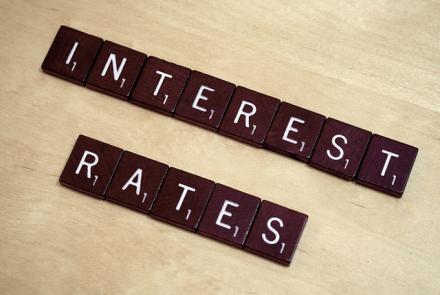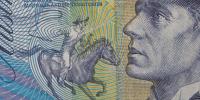
Image by Simon Cunningham on Flickr. https://www.flickr.com/photos/lendingmemo/11431930456
Steady on
The Reserve Bank of Australia (RBA) should hold interest rates steady at 2.0 per cent in July despite concerns for Australia from the Greek debt crisis and a faltering Chinese economy, Crawford School’s RBA Shadow Board has found.
The RBA lowered the cash rate from 2.25 per cent to 2.0 per cent in May. The RBA Board will meet on Tuesday to review policy settings.
RBA Shadow Board chair Dr Timo Henckel said Australia’s domestic economic data remained mixed, with a slight fall in unemployment but weaker consumer and producer confidence, while inflation remains within the RBA’s two to three per cent target band.
“The RBA Shadow Board on balance prefers to hold firm on interest rates,” Dr Henckel said.
“In Greece the economic tragedy appears to be in its final act, while dramatic falls in the Chinese stock market highlight the weaknesses of its economy.
“Domestic economic data is mixed. Unemployment has fallen slightly but consumer and producer confidence have weakened. Inflation remains comfortably within the RBA’s target band.”
The RBA Shadow Board is a project based at the Centre for Applied Macroeconomic Analysis (CAMA) at Crawford School. It brings together nine of the country’s leading experts to look at the economy and make a probabilistic call on the optimal setting of interest rates ahead of monthly RBA Board meetings. It does not try to predict RBA behaviour.
Dr Henckel said the Greek debt crisis and Chinese economy were a cause for concern.
“While Australia’s direct exposure to the Greek economy is minimal, a complete breakdown of negotiations between Greece and the European Union, followed by a Greek exit from the Euro, may have noticeable ramifications for global financial markets,” he said.
“Of greater concern is China, Australia’s largest trading partner, which grew by only seven per cent in the first quarter of this year, its weakest performance in six years. Some analysts, taking into account the recent tumble of the Chinese stock market and weak gauges of factory activity, entertain the possibility of a further slowing of the Chinese economy.”
Dr Henckel said the Shadow RBA Board attached a 57 per cent probability that 2.0 per cent should be the appropriate setting for the cash rate. The Shadow RBA Board found only eight per cent probability of the need for a further rate cut, up from two per cent in June. The probability of a needed rate increase was 35 per cent.
The RBA Shadow Board includes Professor Bob Gregory and Professor Warwick McKibbin, who have both served on the RBA Board.
Other members are Paul Bloxham of HSBC; Dr Mark Crosby; Professor Guay Lim of the University of Melbourne; James Morley of University of New South Wales; Jeffrey Sheen of Macquarie University; Mardi Dungey of University of Tasmania; and John Romalis, Professor of economics at the University of Sydney.
Dr Henckel’s full commentary is available on the CAMA Shadow RBA Board website at http://cama.crawford.anu.edu.au/rba-shadow-board.
Updated: 16 August 2024/Responsible Officer: Crawford Engagement/Page Contact: CAP Web Team













